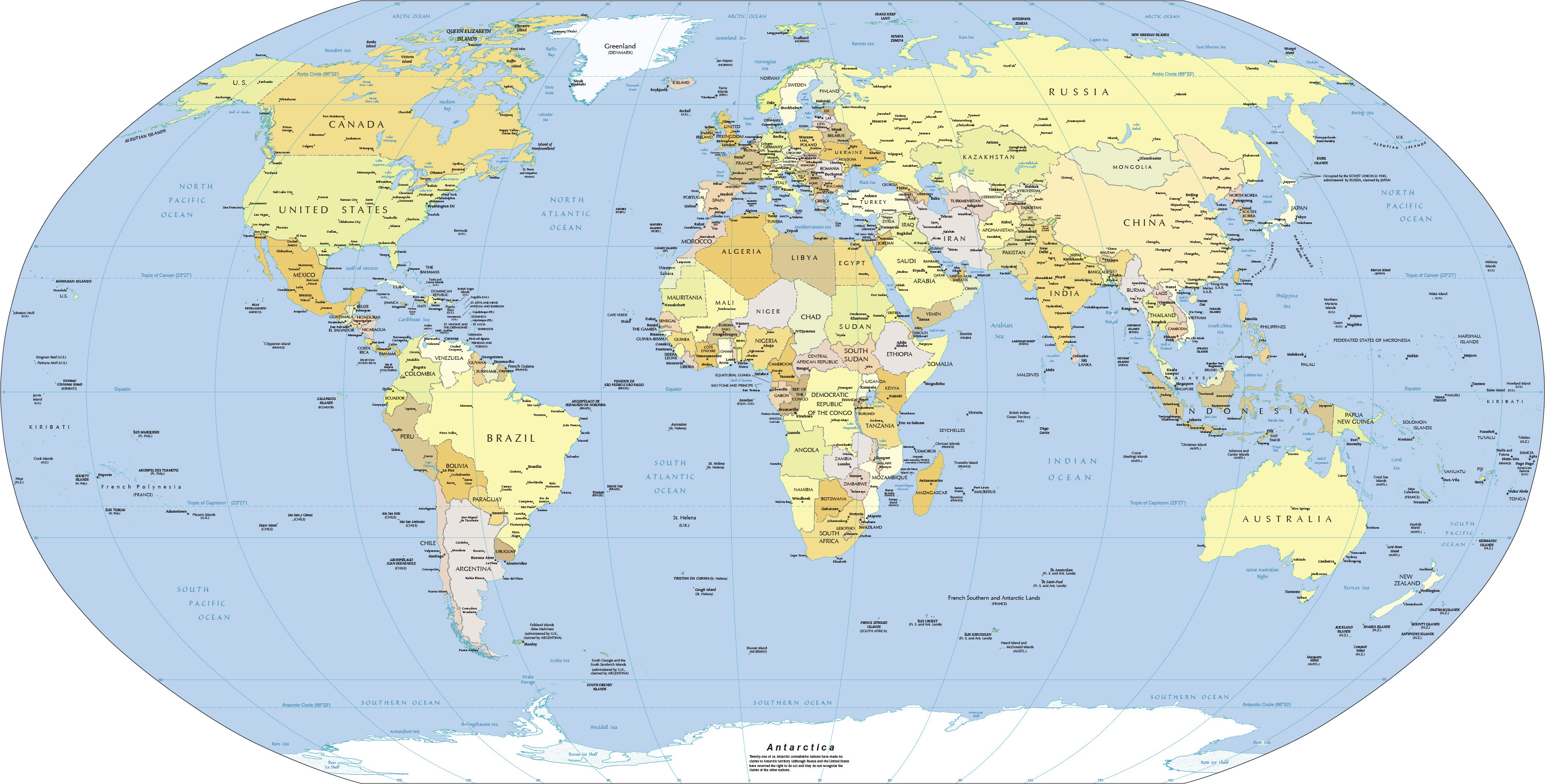I used to think that language is just what we speak, what we hear, what we read, what we write and also a way to communicate, to share our thoughts and that’s all. I know that with language we can express our idea and interact with each other and without language it will defiantly be harder to exchange our knowledge. But those are the only things I know about language.
So after I read this chapter about language I found out that language is actually a form of behavior, and the language that we are using is symbolic communication. I also learned that not like other animals on this planet, we used sign language. So this is a point I never thought about before because I always seen language as words like English, Chinese, Japanese, etc. But actually it can also include gestures, movements, facial expressions and body reactions. And I used to thought that without oral language there is no way that we can communicate, but by doing the “no talking” activity in class, I notice that oral language is just making our communication easier, and we can still communicate without oral language. Another thing I learned was the diverse of the languages in our world. How a language can be different from another and the different ways people communicate, and because of this language can be misunderstood and useless.
So after finish reading the chapter in the book, I know the importance of language as a way of knowing, its influence and also how it is been used between different people.


